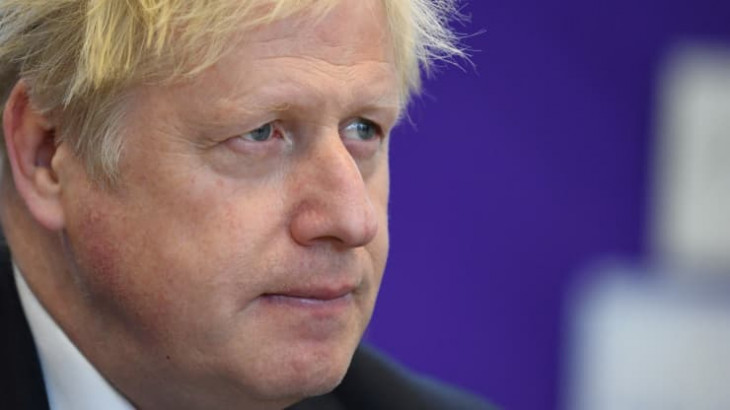Leaders can borrow a leaf from Boris’ woes
By PD columnist, July 8, 2022There is a lesson that leaders in Africa — and other developing nations — can learn from the decision by United Kingdom’s Prime Minister Boris Johnson to step down after pressure from legislators.
First, such decisions prove that there is life after high-level politics, even if the decision to quit is not the result of personal choice. Holding public office is a high calling and when the people, or their representatives, feel that the holder of an office is no longer fit to remain in it, one can be compelled to step down.
Power is, by its very nature, addictive. It is, therefore, difficult for a person holding a powerful office to relinquish it even under pressure to do so. Boris tried it, but in the end, he bowed to pressure from the will of the people’s representatives.
This is a lesson for many leaders in Africa who erroneously believe that they cannot step down either on moral or legal grounds. And this does not apply only to those at the very top. In countries such as Kenya, parastatal bosses cling on to their positions even when they are facing grave allegations of corruption and abuse of office. And even when they quit, they still insist on running for elective office.
This is part of the problem that the Independent Electoral and Boundaries Commission has been grappling with as aspirants of questionable integrity insist on vying. The upshot of such insistence is a strain on the judicial system and a stretching of the electoral timelines set in law.
This is a trend that ought to be discouraged. A law should be passed stipulating that anyone with pending corruption or abuse of office cases should be barred from vying until such a time as they are cleared by a court of law.
In the same vein, public and State officers suspected of serious criminal allegations should be required to step down to pave way for investigations and only be reinstated if found to be innocent.
The exit from the office of Britain’s Prime Minister may come as a hard blow to him and his party, but it cements Britain’s tradition of holding its leaders to account. Where they fall short, even on matters considered mundane in developing countries – such as hosting a party when the rest of the country is on lockdown — they are made to answer for their actions. This is as it should be.
It is not too late to learn best practices from countries like the UK, especially now that Kenya is at a transition point. We should be in a position to hold the incoming leadership to high standards of integrity.
More Articles

